Send dogs not stretchers ordered blundering Hillsborough chief
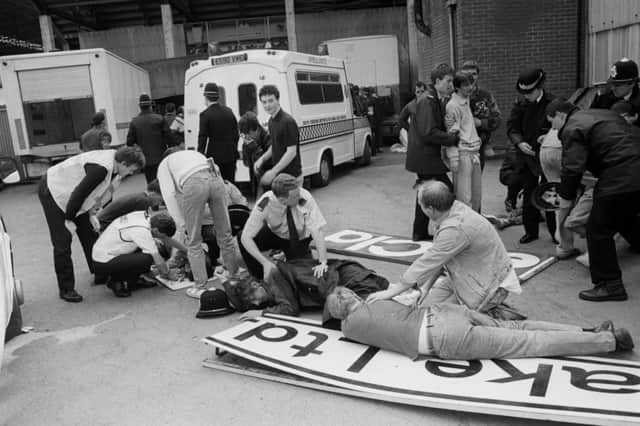

But the former South Yorkshire Police chief superintendent, who was match commander on the day of the disaster, denied his mindset was focused on hooliganism rather than fans’ safety.
The retired officer, aged 70, was being cross-examined for a third day by the lawyers of the relatives of the 96 who died.
Advertisement
Hide AdAdvertisement
Hide AdHe has already made, for the first time since the tragedy, a series of admissions about “mistakes” he made, confessed that he lied in the aftermath and apologised “unreservedly” to fans’ families.
He was again questioned closely about his conduct in the run-up to, during and after the crisis.
On the day of the disaster, police became overwhelmed by fans at the turnstiles as kick-off approached and Mr Duckenfield gave the order at 2.52pm to open gates to let them in.
Up to 2,000 fans poured in through Gate C, many heading straight for a tunnel in front of them - which Mr Duckenfield, as match commander, had not ordered to be closed, a “blunder of the first magnitude”, the inquest jury heard.
Advertisement
Hide AdAdvertisement
Hide AdThe tunnel led directly to the already-full central pens on the Leppings Lane terrace.
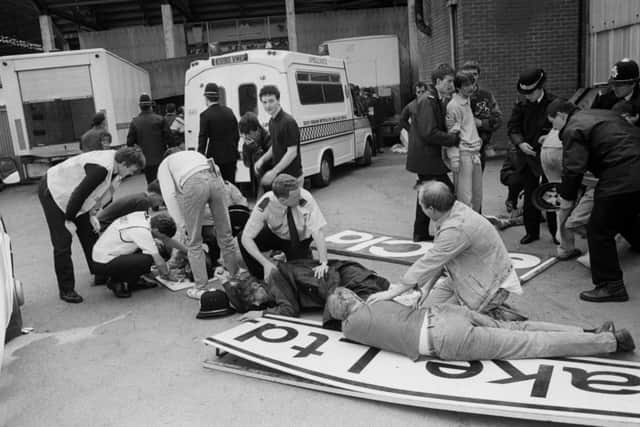

Ninety-six Liverpool fans died in the ensuing crush minutes later on the terraces of Sheffield Wednesday’s Hillsborough ground as the FA Cup semi-final against Nottingham Forest kicked off on April 15 1989.
Mr Duckenfield has said he at first thought the problem on the terrace was crowd disorder and only realised it was a “medical emergency at 3.04pm”.
But at that time transcripts of tape recordings made in the police control box where the match commander was stationed showed a subordinate officer calling for police dogs.
Advertisement
Hide AdAdvertisement
Hide AdRajiv Menon QC, representing families of the victims, said: “You must have asked him to do this. It’s a medical emergency. Can you explain that? Why on earth do you need dogs at the stadium?”
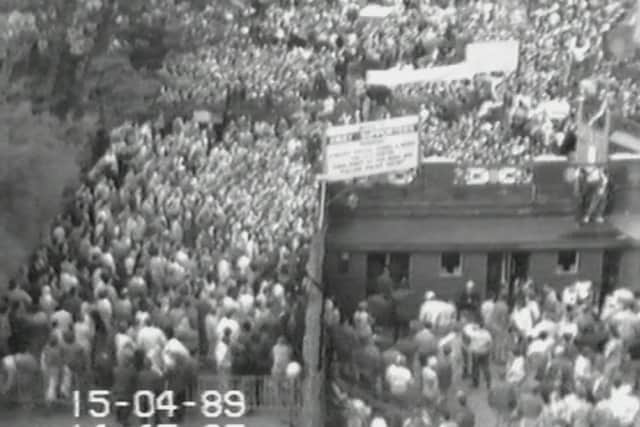

Mr Duckenfield said he had “no idea” other than he wanted to create a “secure area” for the rescue operation.
Mr Menon asked: “So dogs requested, ambulances yet to be requested. Correct?”
The witness replied: “It would appear so.”
At 3.06pm Mr Duckenfield called for operational support, a request for all available officers in the force area to go to the stadium.
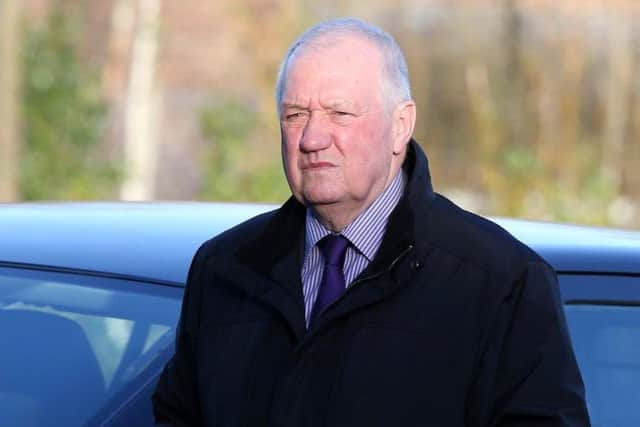

Mr Menon asked: “Why more manpower?”
Mr Duckenfield replied: “To help the rescue.”
Advertisement
Hide AdAdvertisement
Hide AdMr Menon responded: “What rescue? You have yet to call for ambulances or fire crews.”
Mr Duckenfield suggested the situation was different and simply looking at documents was “flat and tells you nothing”.
Mr Menon said police records did not record him declaring a major incident, which would have triggered a disaster rescue plan by emergency services.
Mr Duckenfield insisted he had done so and there was an “omission” in the records.
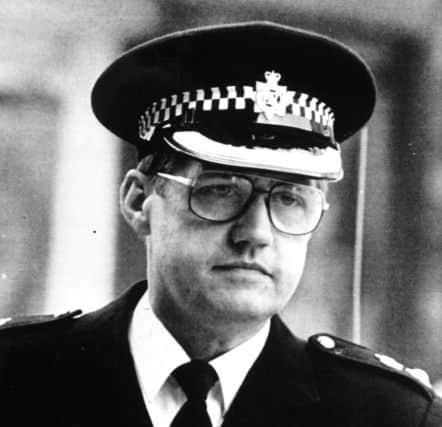

Mr Menon responded: “This is a transcript of the tape.”
Advertisement
Hide AdAdvertisement
Hide AdThe inquest heard that a request for a fleet of ambulances to attend Hillsborough was made around two minutes and 40 seconds after the call for back-up from dog-handlers.
Jurors were also told that an officer at the scene of the disaster made a call at 3.13pm for fire crews equipped with cutting gear to attend the scene.
Mr Menon pointed out to Mr Duckenfield that the request for fire service assistance came up to eight minutes after the semi-final was halted.
Mr Duckenfield agreed that the eight minutes represented a “serious amount of time” lost in the effort to save lives but said he was making decisions in a “very critical” situation.
Advertisement
Hide AdAdvertisement
Hide AdDuring the closing minutes of his questioning of the retired officer, Mr Menon asked him if he felt it necessary to be present on the pitch.
Mr Duckenfield replied: “Not at all. The incident commander remains in the control room because if I am not in the control room I can’t make decisions.”
Accusing Mr Duckenfield of showing little, if any, organisation or control while in the control box, Mr Menon asked the witness: “Your leadership and co-ordination and emergency response was woefully inadequate from start to finish?”
Mr Duckenfield answered: “I disagree, sir.”
Rejecting claims that he was involved in “building” South Yorkshire Police’s case that drunken fans caused the disaster, the former policeman said: “After the disaster I was marginalised and I took no part in anything like that at all.”
Advertisement
Hide AdAdvertisement
Hide AdMr Menon then asserted: “Your mistake (in failing to foresee where fans would go or close the tunnel) was the most terrifyingly bad mistake that fell woefully below the standard to be expected of a reasonably competent match commander, wasn’t it?”
Mr Duckenfield responded: “Sir, I have made my admissions, I take it no further.”
Mr Menon continued: “It was gross negligence and ultimately it caused the disaster and the deaths of 96 Liverpool fans, didn’t it?”
Mr Duckenfield answered: “No, sir. My view is it was an oversight, a mistake.”
READ MORE...